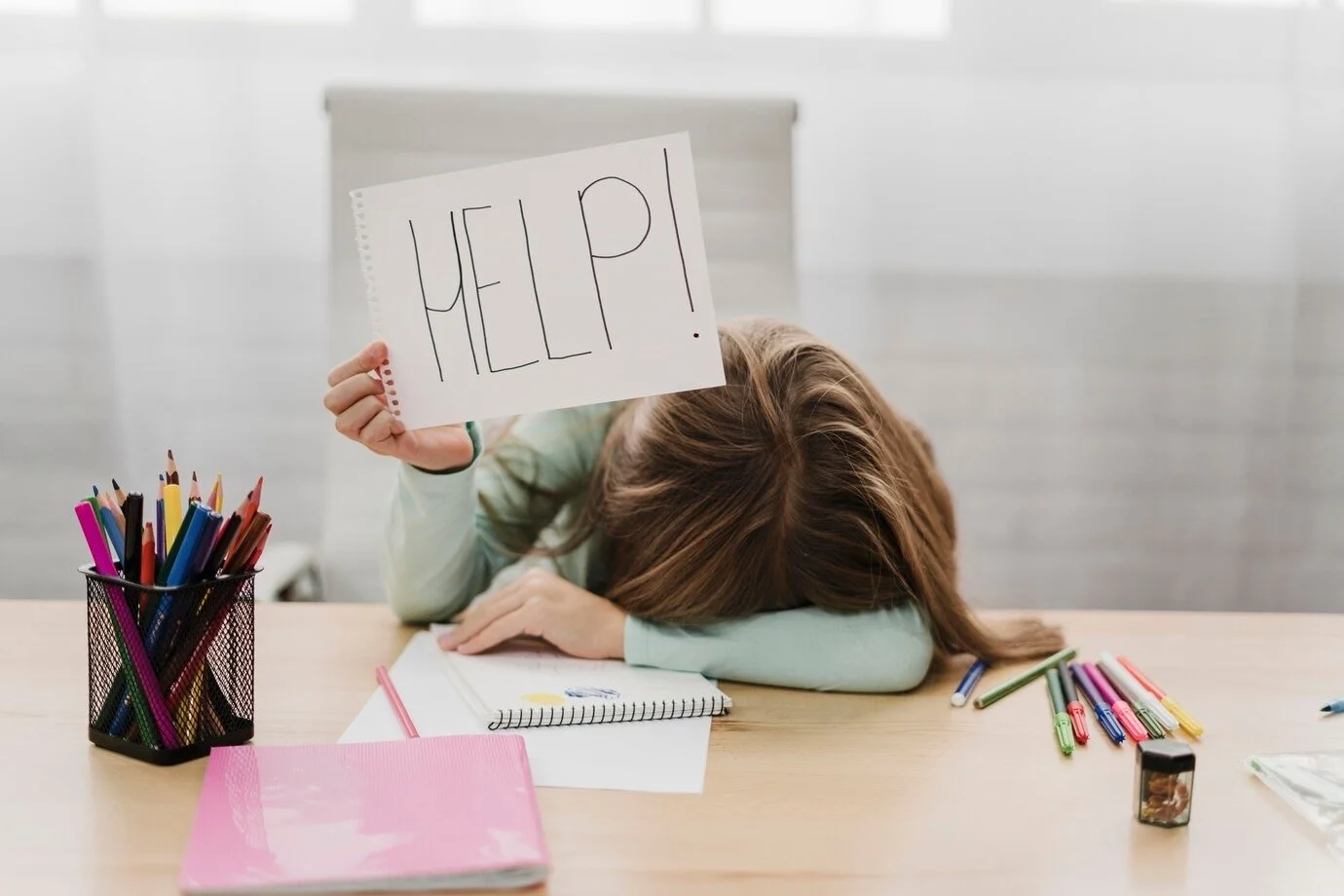Rediscover Motivation: 8 Tips to Beat Depression
Depression affects millions worldwide, often stealing the energy and will to perform even the simplest tasks. Among its most challenging symptoms is a persistent lack of motivation, which can overwhelm daily responsibilities. If you’ve ever wondered how to get motivated when depressed, you’re not alone. Many people face this battle every day. While it’s not easy, there are strategies to help you regain your footing and move forward, even on the hardest days.
This article will explore 8 tips to beat depression and rediscover motivation. We’ll also discuss how luxury inpatient depression treatment and luxury depression rehab can provide a comprehensive path to recovery.
Understanding the Link Between Depression and Motivation
Depression and low motivation go hand in hand. This mental health condition affects your cognitive and emotional systems, impairing your ability to visualise goals and take action. Tasks that once brought joy or satisfaction may feel insurmountable, and the cycle of inaction can deepen feelings of worthlessness or guilt. However, understanding this link is the first step in breaking the cycle.
How to Motivate Yourself When You Are Depressed:
Break Tasks into Smaller Goals
Overcoming the lack of motivation begins with realistic, attainable goals. Start with the smallest task, such as brushing your teeth or tidying up a corner of your room. Completing one task builds momentum and boosts your confidence for the next.
Find an Accountability Partner
Isolation often worsens depressive symptoms. Seek an accountability partner—someone who can encourage and support you. Whether it’s a friend, family member, or therapist, having someone to check in with can make a big difference.
Focus on One Thing at a Time
Multitasking can feel overwhelming, especially when one is depressed. Concentrate on completing one task before moving on to the next. This strategy reduces pressure and helps you stay focused.
Join a Supportive Community
Engaging with others who understand your struggles can be incredibly healing. Support groups, whether in-person or online, provide a space to share experiences, gain advice, and find motivation from others facing similar challenges.
Celebrate Small Wins
No achievement is too small to celebrate. Acknowledge even the tiniest victories, like getting out of bed or making a meal. Positive reinforcement boosts self-esteem and fosters motivation.
Eliminate Negative Triggers
Identify what worsens your depressive feelings—whether it’s social media, specific people, or certain environments. Limit exposure to these triggers and surround yourself with positivity whenever possible.
Use Positive Affirmations
Affirmations can shift your mindset and promote self-compassion. Repeat phrases like:
“I am stronger than my struggles.”
“Today, I will make progress, no matter how small.”
“I deserve kindness and care.”
Seek Professional Help
When self-help strategies aren’t enough, consider professional treatment. Luxury rehab centers and recovery retreats offer tailored therapies in tranquil settings, providing the tools and support you need to regain motivation.
How Luxury Inpatient Depression Treatment Can Help
For those struggling to find motivation, luxury inpatient depression treatment provides a structured environment with expert care. These facilities focus on comprehensive recovery, combining traditional therapies with holistic approaches to help you rebuild your life.
Benefits of Luxury Rehab Centers
Individualised Care: Personalized treatment plans address the root causes of depression.
Comfort and Privacy: Upscale accommodations create a safe, soothing environment.
Holistic Therapies: Activities like yoga, meditation, and art therapy complement traditional methods.
24/7 Support: Access to medical and therapeutic staff ensures continuous care.
What to Expect at a Recovery Retreat
Luxury retreats focus on healing the mind and body. These facilities emphasise relaxation and rejuvenation through therapy, wellness programs, and luxury amenities like spas and fitness centers.
Why Motivation Can Be Difficult During Depression
Motivation requires cognitive control—directing your thoughts and actions toward a goal. Depression interferes with this process by:
Reducing energy levels.
Distorting your perception of success.
Amplifying negative thoughts that discourage action.
Acknowledging these challenges can help you approach motivation with compassion and patience.
How to Stay Motivated During Depression: The Importance of Routine
Establishing a routine can create structure and stability, which are crucial when motivation is low. Begin with small daily habits, such as:
Waking up at the same time each day.
Setting specific meal times.
Scheduling moments for self-care and reflection.
Consistency provides a sense of control, even when depression feels overwhelming.
Q&A
Q1: How can I tell if my lack of motivation is related to depression or just temporary burnout?
While temporary burnout often resolves with rest and self-care, a lack of motivation tied to depression is persistent and may come with other symptoms such as sadness, fatigue, hopelessness, and difficulty concentrating. Depression-related lack of motivation also interferes with daily responsibilities, work, or relationships. If you notice these signs for two weeks or longer, consider consulting a mental health professional for evaluation.
Q2: What types of activities can help boost motivation during depression?
Engaging in simple, manageable activities can help improve motivation over time. Consider the following:
Physical activities: Walking, stretching, or light yoga.
Creative outlets: Painting, journaling, or crafting.
Social interaction: Calling a friend or participating in a support group.
Relaxation techniques: Meditation, deep breathing, or listening to soothing music. When motivation feels low, starting small and gradually building momentum is key.
Q3: What is the role of luxury in inpatient depression treatment to restore motivation?
Luxury inpatient depression treatment provides a structured and supportive environment for addressing the underlying causes of depression and lack of motivation. These centers offer:
Personalised treatment plans with therapy and medication.
Holistic approaches such as mindfulness, art therapy, and physical wellness programs.
Upscale accommodations to create a comfortable and stress-free healing atmosphere. Patients can rediscover their motivation in a serene and private setting by focusing entirely on recovery in a luxury rehab.
Q4: Can I use specific tools or techniques to get started on tasks when I feel unmotivated?
Yes, practical tools and techniques can help you take the first steps:
Time-blocking: Break your day into manageable segments and allocate specific tasks to each block.
Pomodoro Technique: Work for 25 minutes and take a 5-minute break to maintain focus and avoid burnout.
Visual reminders: Use sticky notes or to-do lists to keep track of small, achievable goals.
Reward system: Celebrate completing even the smallest tasks to build momentum and encourage continued effort.
Q5: How can social support improve my motivation when I am depressed?
Social support plays a vital role in boosting motivation during depression. Surrounding yourself with understanding and supportive people can:
Provide accountability for tasks.
Offer encouragement and positive reinforcement.
Help combat feelings of isolation and loneliness.
Serve as a source of inspiration and practical advice. Joining support groups or connecting with friends and family can significantly impact your recovery journey.


